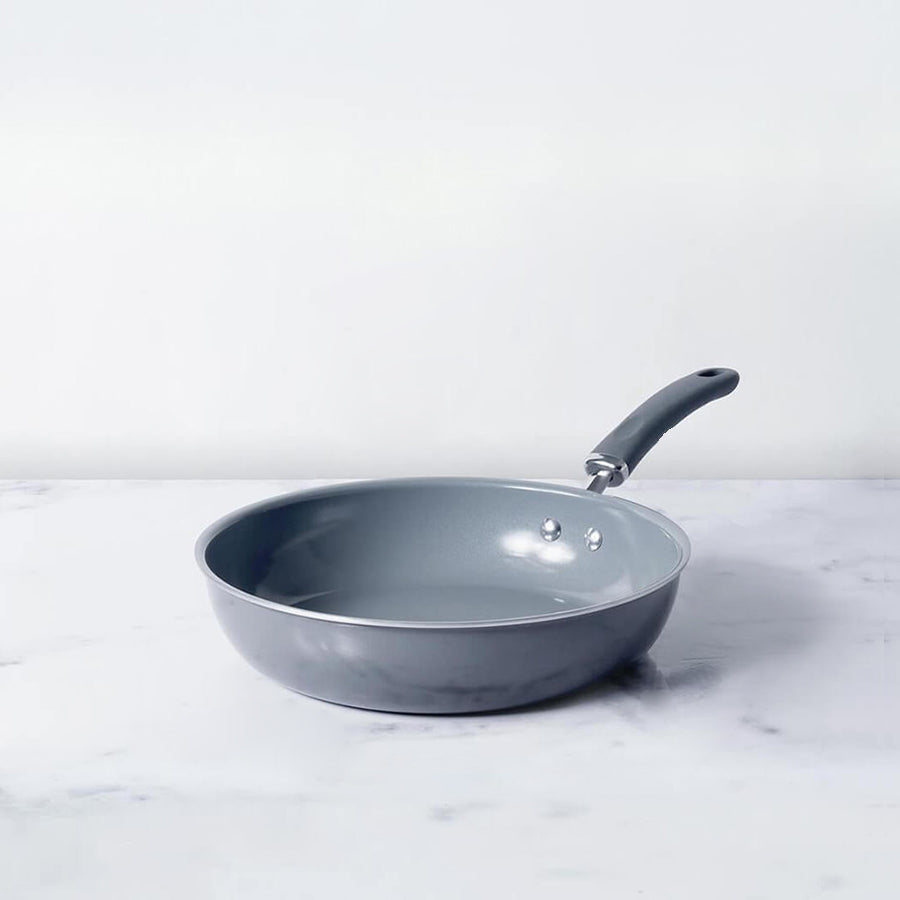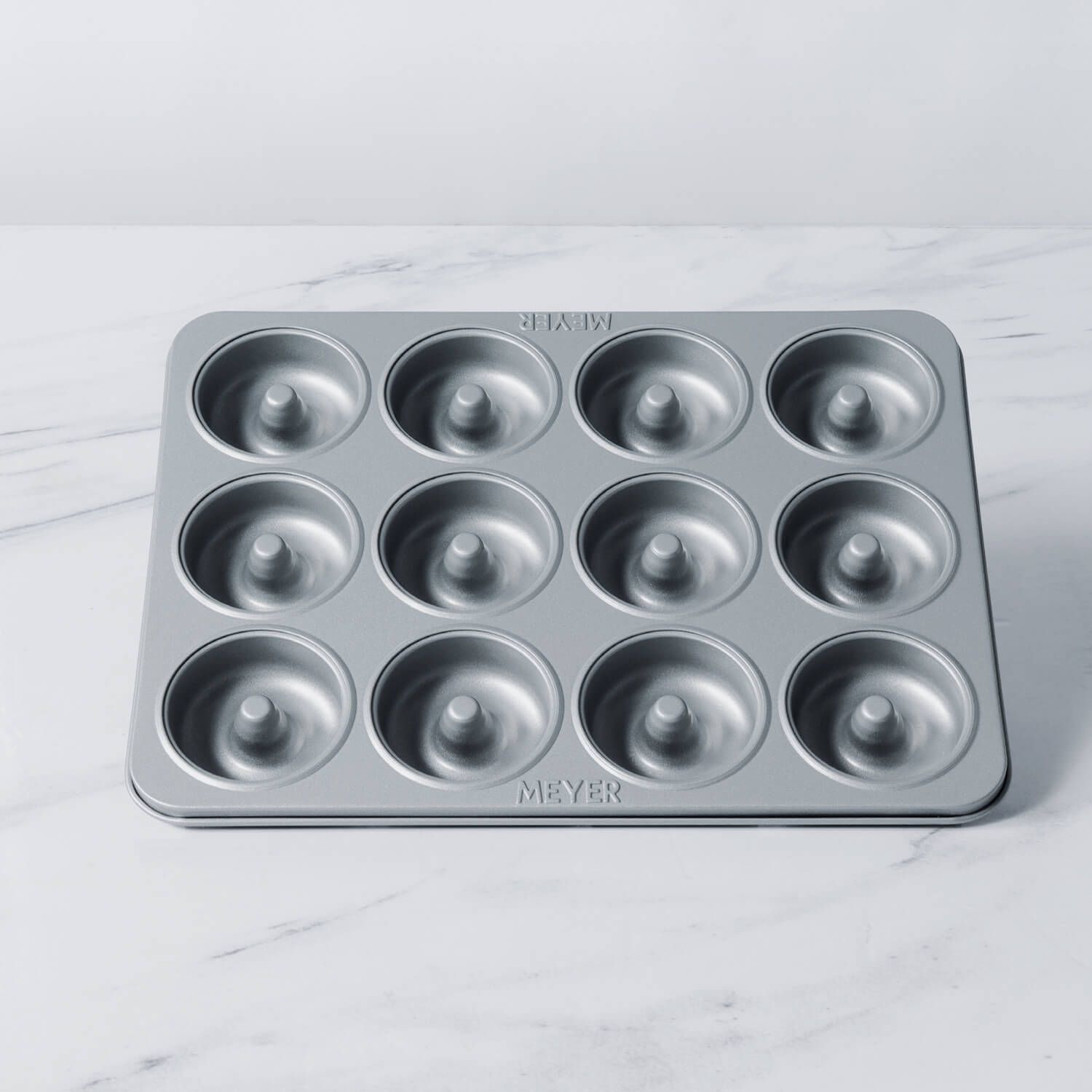What more could one ask for on a breezy evening than a good book, some crunchy cookies, and a hot cup of lemongrass tea? Lemongrass tea is a tasty and pleasantly healthful beverage. Lemongrass's zesty flavors combine wonderfully with other herbal tea ingredients to produce a great cup. This perennial plant is simple to grow indoors or in your garden as a potted plant. It only needs some sunlight, nutrient-rich soil, and an abundance of water. The delicious citrus flavor serves as a nice remembrance of happy and bright times. Lemongrass smells like lemons, as its name implies, but its flavor is softer and sweeter.
Table of Contents
What is lemongrass?
Citronella, another name for lemongrass, is a tall, stalky plant. It tastes citrusy and has a fresh, lemony scent. It is frequently used in Thai cookery and as a bug repellent. In aromatherapy, lemongrass essential oil is used to freshen the air, lessen stress, and improve mood. Additionally, lemongrass is employed as a treatment for insomnia, pain relief, and immunity boosting. Lemongrass oil, which is made from the plant's leaves and stalks, smells strongly of citrus. It is frequently present in soaps and other personal care items. In fact, aromatherapy practitioners frequently use lemongrass essential oil to reduce tension, anxiety, and sadness.
How to consume lemongrass?
To create a herbal infusion or decoction, lemongrass can be used fresh or dried and steeped or boiled. The fresh leaves can be chopped or the dry leaves can only be broken up. In general, a suitable ratio is one teaspoon of lemongrass leaves to one cup of hot water.
Lemongrass tea:
Tea is one of the most common ways to consume lemongrass. Lemongrass tea is a refreshing and fragrant beverage that has many health benefits. Lemongrass is rich in antioxidants and vitamins, making it a great choice for those looking to improve their overall health. Drinking lemongrass tea can help boost immunity, fight inflammation, and promote sleep.
The grass can be chopped, added to water, brought to a boil, and steeped for 10 to 15 minutes. Or you may put the lemongrass pieces in the teapot and let it brew. Make sure to steep it thoroughly to obtain the plant's advantages in a form that is simple to assimilate. As an alternative, you can quickly add dried lemongrass to a tea bag.
Health Benefits of Lemongrass:
Lemongrass has various health advantages, and it has been used for medical purposes for a long time in India. It is also a favorite in Ayurveda. So, if you require a health boost, try this easily available and highly nutritious yet flavorsome plant!
- Antibacterial:
Lemongrass is a powerful essential oil that can be used to help heal wounds and fight infection. A 2010 study found that lemongrass oil was effective against a variety of drug-resistant bacteria that cause skin infections, pneumonia, blood infection and serious intestinal infections.
- High on antioxidant:
Numerous antioxidants found in lemongrass can aid in scavenging disease-causing free radicals from your body. Chlorogenic acid, isoorientin, and swertia japonica are noteworthy antioxidants. These antioxidants may aid in preventing coronary artery cell dysfunction.
- Aids in digestion:
Lemongrass is a cooling herb that can help soothe the stomach and keep digestive functions in check. The herb contains a component called citral, which helps with digestion. Lemongrass is often served after dinner because of its ability to aid in digestion. The herb has also been used as an ancient remedy for stomach problems like bloating, constipation and indigestion.
- Regulates blood sugar:
When it comes to Lemongrass and blood pressure, this herb is rich in potassium, which helps to increase the production of urine. This, in turn, stimulates blood circulation and lowers blood pressure.
- Boosts Metabolism:
Adding lemongrass tea to your weight loss diet plan is a great way to boost your metabolism and help burn more calories. Various studies state that polyphenols found in natural plant compounds and caffeine can help increase energy use and enhance the oxidation of fatty acids in the body. This makes lemongrass a great option to lose weight.
- Great for skin and hair:
Lemongrass is an excellent source of Vitamin A and Vitamin C, which are essential nutrients for beautiful skin and hair. Lemongrass improves blood circulation, clears up your skin, and treats oily textures. It can also help treat eruptions like acne, pimples, and eczema.
- Cures cold and flu:
If you're looking for a natural way to fight cold, cough and flu, look no further than lemongrass. This fragrant herb has antibacterial and anti-fungal properties that can help you get relief from congestion and other respiratory problems. Lemongrass is also rich in Vitamin C, which helps boost immunity.
- Reduces Menstrual cramps:
Lemongrass tea is considered excellent for women’s health. It provides relief from hot flashes and helps in reducing menstrual pain due to its soothing effect.
FAQs on Lemongrass:
Q: Can you eat lemongrass raw?
A: Lemongrass can be consumed uncooked. But since whole lemongrass is difficult to chew, cut off the stem before eating raw lemongrass.
Q: Does lemongrass burn belly fat?
A: The consumption of lemongrass tea is said to boost metabolism and promote weight loss. You might lose that unhealthy belly fat if you regularly drink lemongrass tea.
Q: Can I drink lemongrass tea at night?
A: If you have trouble falling asleep, drinking a cup of lemongrass tea before bed will help as it relaxes your muscles. Additionally, the calming effects of this tea will aid in deeper sleep.
Q: Can I drink lemongrass tea empty stomach?
A: Drinking lemongrass tea first thing in the morning on an empty stomach helps the liver get rid of all the waste products and toxins that have built up there, thoroughly detoxifying the body.
Q: Can pregnant women have lemongrass?
A: Pregnant or breastfeeding women are advised to avoid lemongrass due to the workings of certain chemical compounds.













Leave a comment